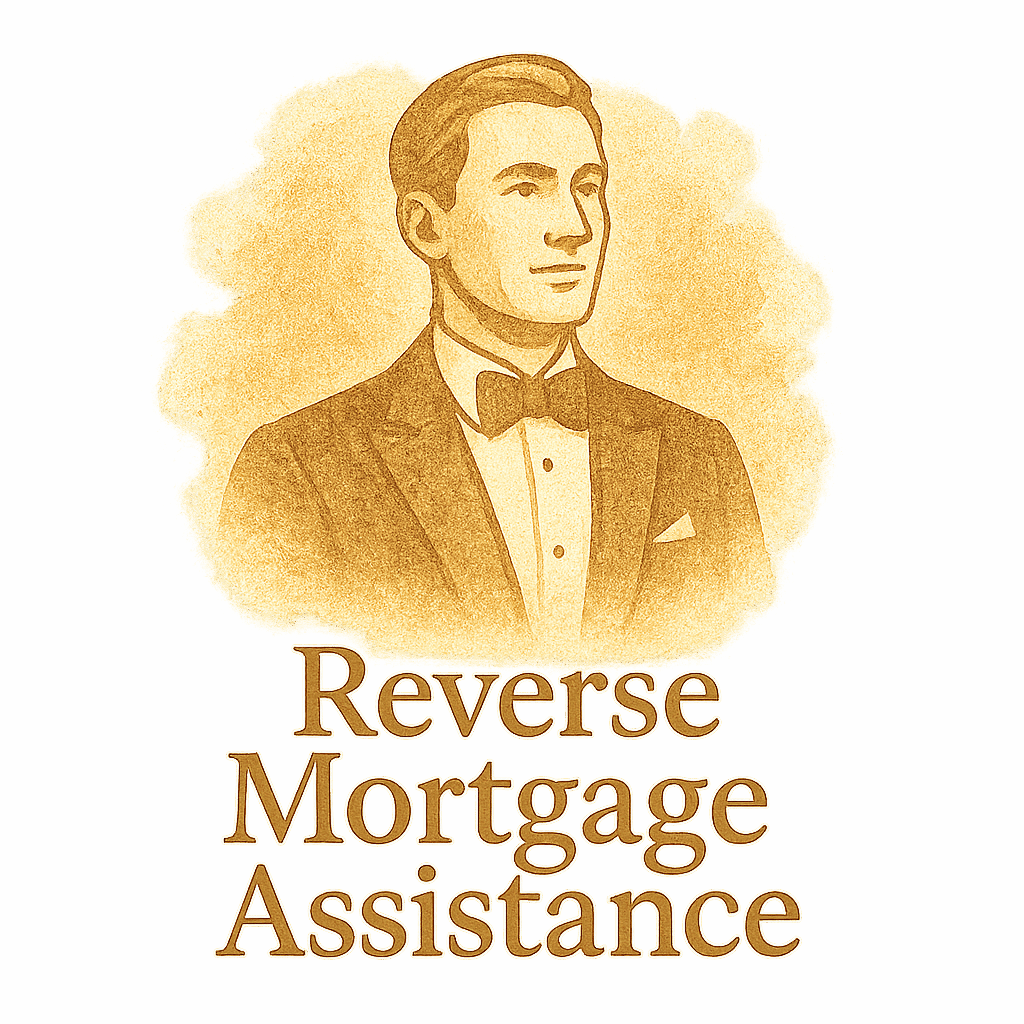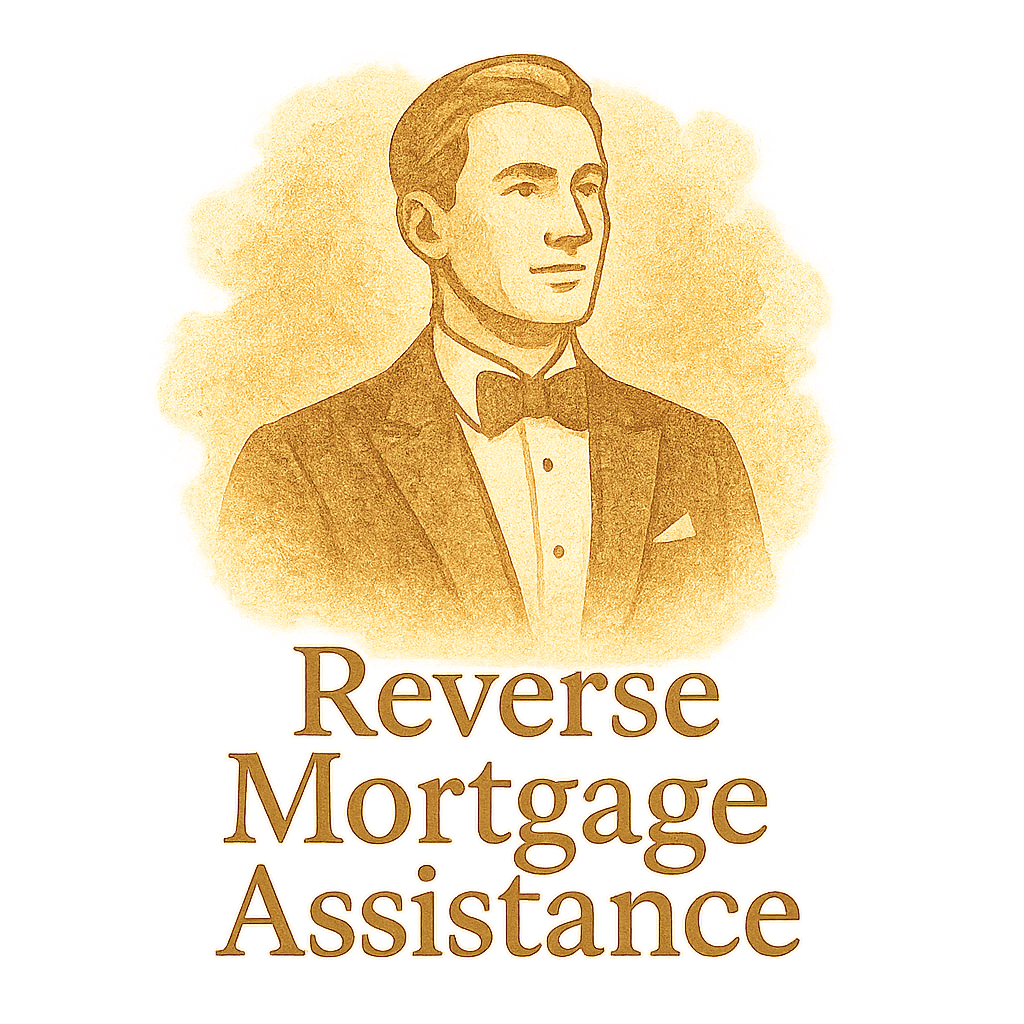Thinking about getting a reverse mortgage but overwhelmed by all the info (and myths) out there? We’ve got your back. In this guide, we’ll break down the 9 most common questions about reverse mortgages in a way that’s actually easy to understand. No jargon. No fluff. Just straight answers.
We’ll also point you to trusted resources like Reverse Mortgage Assistance so you can dig even deeper if you want to.
What Is a Reverse Mortgage?
Understanding the Basics
A reverse mortgage is a special type of loan that lets homeowners aged 62 and older convert part of their home equity into cash. Unlike a traditional mortgage, where you make monthly payments to a lender, in a reverse mortgage, the lender pays you.
Instead of writing checks every month, you can receive funds as:
- A lump sum
- Monthly payments
- A line of credit
- Or a combination of the above
Learn more from the Reverse Mortgage Basics page.
How It Differs from a Regular Mortgage
In a traditional mortgage, your debt goes down over time. With a reverse mortgage, your loan balance increases over time, but you’re not required to repay it until you move out, sell the house, or pass away.
This topic is well-covered in the mortgage basics tag.
Who Qualifies for a Reverse Mortgage?
Age and Homeownership Requirements
To be eligible, you must:
- Be at least 62 years old
- Own your home outright or have a low mortgage balance
- Live in the home as your primary residence
Other factors like credit history and income are considered, but equity is king. For more prep tips, check out the preparation tag.
How Much Money Can You Get from a Reverse Mortgage?
Equity-Based Access
The amount you can borrow depends on:
- Your age
- The home’s value
- Interest rates
- The amount of equity you have
Check out the loan comparison page for a better idea of how different scenarios compare.
Use Our Loan Comparison Tool
Want a head start? Bookmark the loan comparison tag for guides and calculators to help you run the numbers.
Do I Still Own My Home with a Reverse Mortgage?
Property Rights & Responsibilities
Yes! You retain the title to your home. But you must:
- Live in it as your primary residence
- Keep it maintained
- Stay current on property taxes and insurance
Visit our contracts tag to learn more about the homeowner responsibilities baked into these agreements.
What Are the Costs Involved?
Upfront & Ongoing Fees
Like any financial product, reverse mortgages come with fees, including:
- Origination fees
- Closing costs
- Mortgage insurance
- Servicing fees
Legal & Regulatory Considerations
Always review the legal side of things. We recommend the Legal & Regulatory section for important details.

Are Reverse Mortgages Safe and Legitimate?
Understanding Mortgage Myths & Truths
It’s common to hear myths like “reverse mortgages are scams” or “you’ll lose your home.” These simply aren’t true if you work with a reputable lender and understand your obligations.
Learn the truth in the Mortgage Myths & Truths guide.
Can I Lose My Home with a Reverse Mortgage?
Avoiding Foreclosure
Yes, there is a risk—if you fail to live in the home, pay taxes, or maintain insurance, the loan could become due, and the home could be sold.
Responsibilities of the Borrower
Keeping up with legal terms and staying informed is your best defense against issues.
How Does Repayment Work?
When and How the Loan is Repaid
Repayment is typically triggered when the borrower:
- Sells the home
- Moves out permanently
- Passes away
At that point, the house is sold, and the proceeds go toward repaying the loan.
Many borrowers explore mortgage planning resources to prep ahead.
What Happens When the Borrower Passes Away?
Estate Planning and Inheritance
Your heirs can:
- Repay the loan and keep the house
- Sell the home and keep the remaining equity
- Walk away if the loan exceeds the home’s value (no personal liability)
Explore real examples in our mortgage case studies tag.
Resources on Mortgage Planning
Good planning = good outcomes. Visit our outcomes tag and retirement tag for smart estate strategies.
Conclusion
A reverse mortgage can be a smart financial tool—if you understand it. It’s not free money, and it’s not a scam. It’s a contract with real benefits and responsibilities.
Take the time to educate yourself through the trusted resources available on Reverse Mortgage Assistance, and talk to a qualified advisor before you sign anything.
Want to explore more? Click any of these tags:
- Equity
- Seniors
- Reverse Mortgage
FAQs
1. Can I get a reverse mortgage if I still owe on my home?
Yes, but your existing mortgage must be paid off using the proceeds from the reverse mortgage.
2. What happens if I move out for more than 12 months?
Your reverse mortgage could become due. That includes temporary stays in nursing homes.
3. Can I use the funds however I want?
Mostly yes—pay bills, remodel, travel, etc.—as long as you’re meeting loan obligations.
4. Is the money from a reverse mortgage taxable?
Nope! Reverse mortgage payments are considered loan proceeds, not income.
5. Can I refinance a reverse mortgage?
Yes, under certain conditions, especially if interest rates drop or your home’s value rises.
6. What happens to my spouse if I pass away?
If they are a co-borrower or qualified non-borrowing spouse, they may be able to remain in the home.
7. Where can I get expert help?
Start at ReverseMortgageAssistance.com for trusted info, legal advice, and comparison tools.


